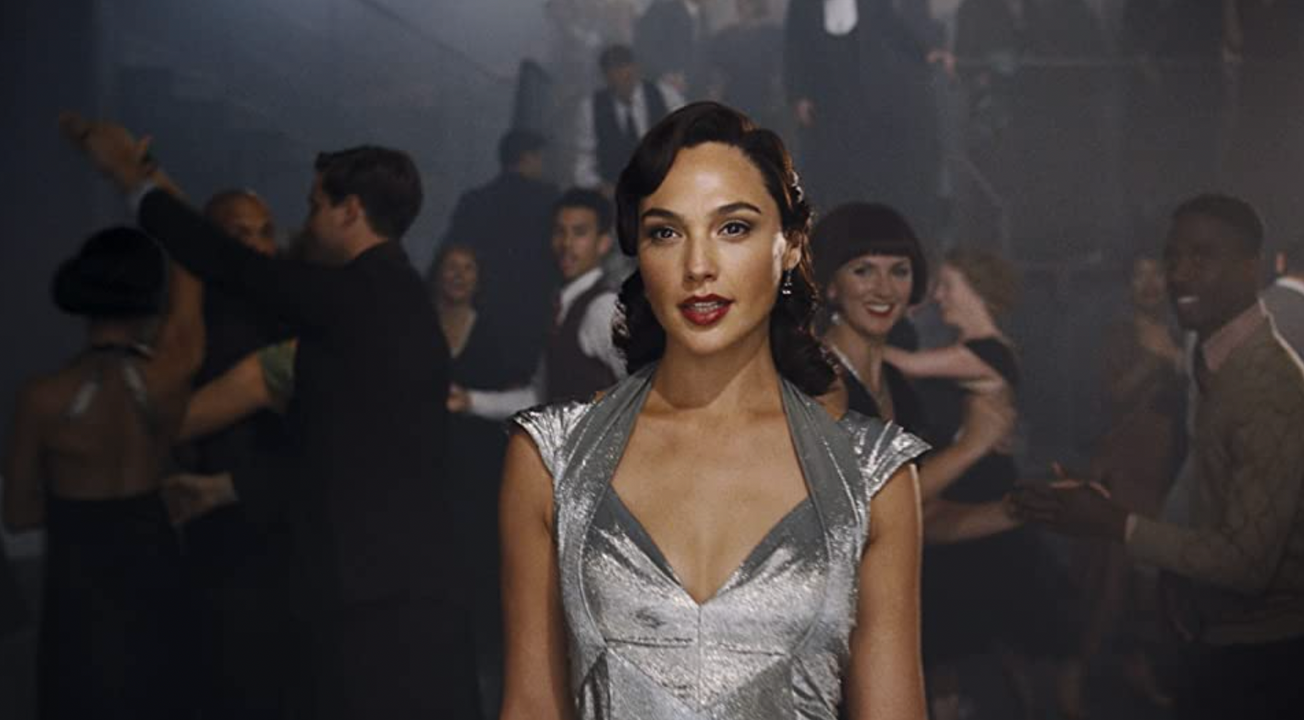By Gemma Margerison, Third Year, Film & English Literature
Love. Heartbreak. Inexplicable murder. A shocking twist ending. What more could you ask for? In the second instalment of Kenneth Branagh’s murder mystery franchise based on the Agatha Christie novels by the same name, Death on the Nile (2022) packs in a formidable sequel to its counterpart, Murder on the Orient Express (2017).
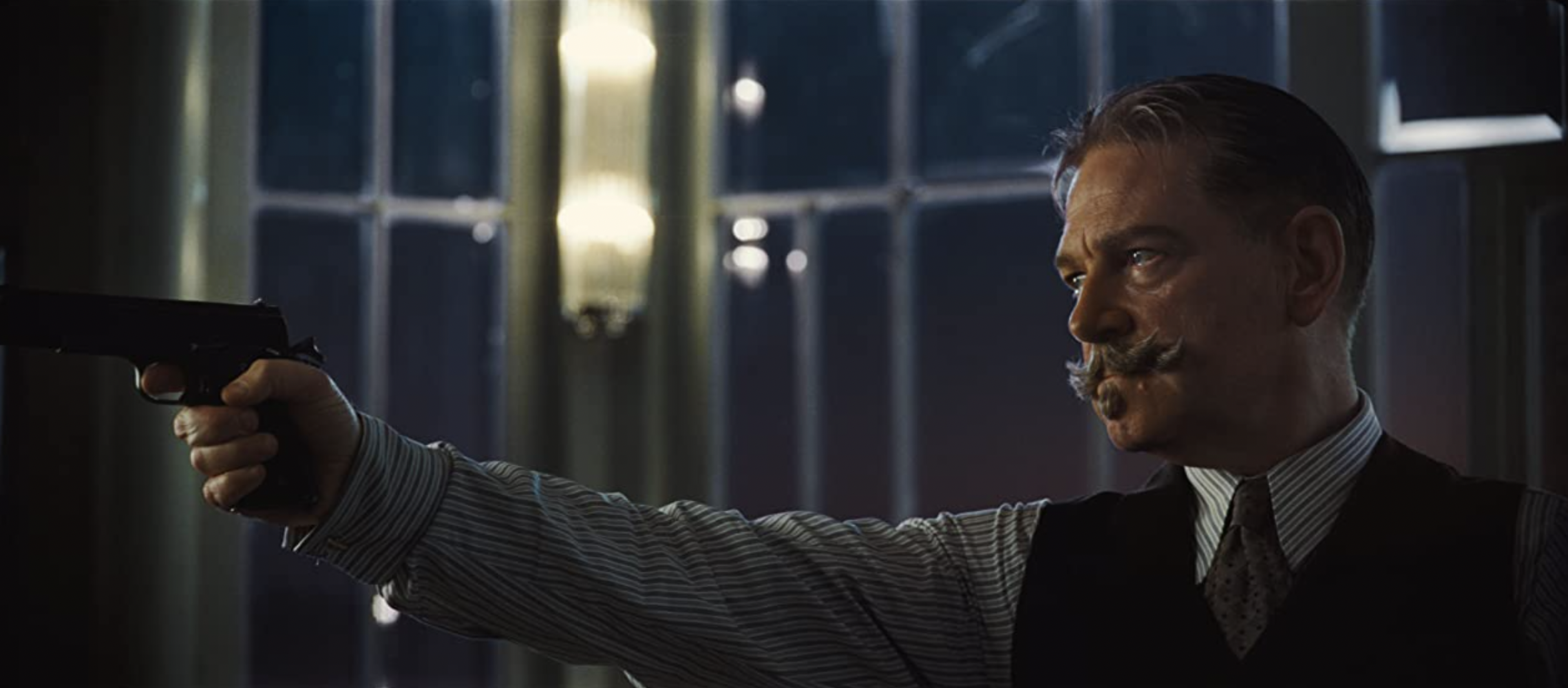
But instead of picking up from where the story left off, Branagh opts for a more sombre tone in the opening scene, a flashback to the trenches of WWI, knocking audiences a little off kilter in their expectations of the genre.
In fact, the strange blurring of generic conventions worked so well that a group of latecomers to the screening actually left, presumably in a state of disarray, only to return moments later having been assured that it was in fact Death on the Nile they were watching, not a throwback showing of 1917. Eventually, it becomes clear that this cutaway sequence is necessary to our leading protagonist’s origin story as a sharp mind on the battlefield, before grounding the narrator's tone in its recognisable good-humoured wit, offering viewers a melodramatic backstory for Poirot’s iconic moustache.
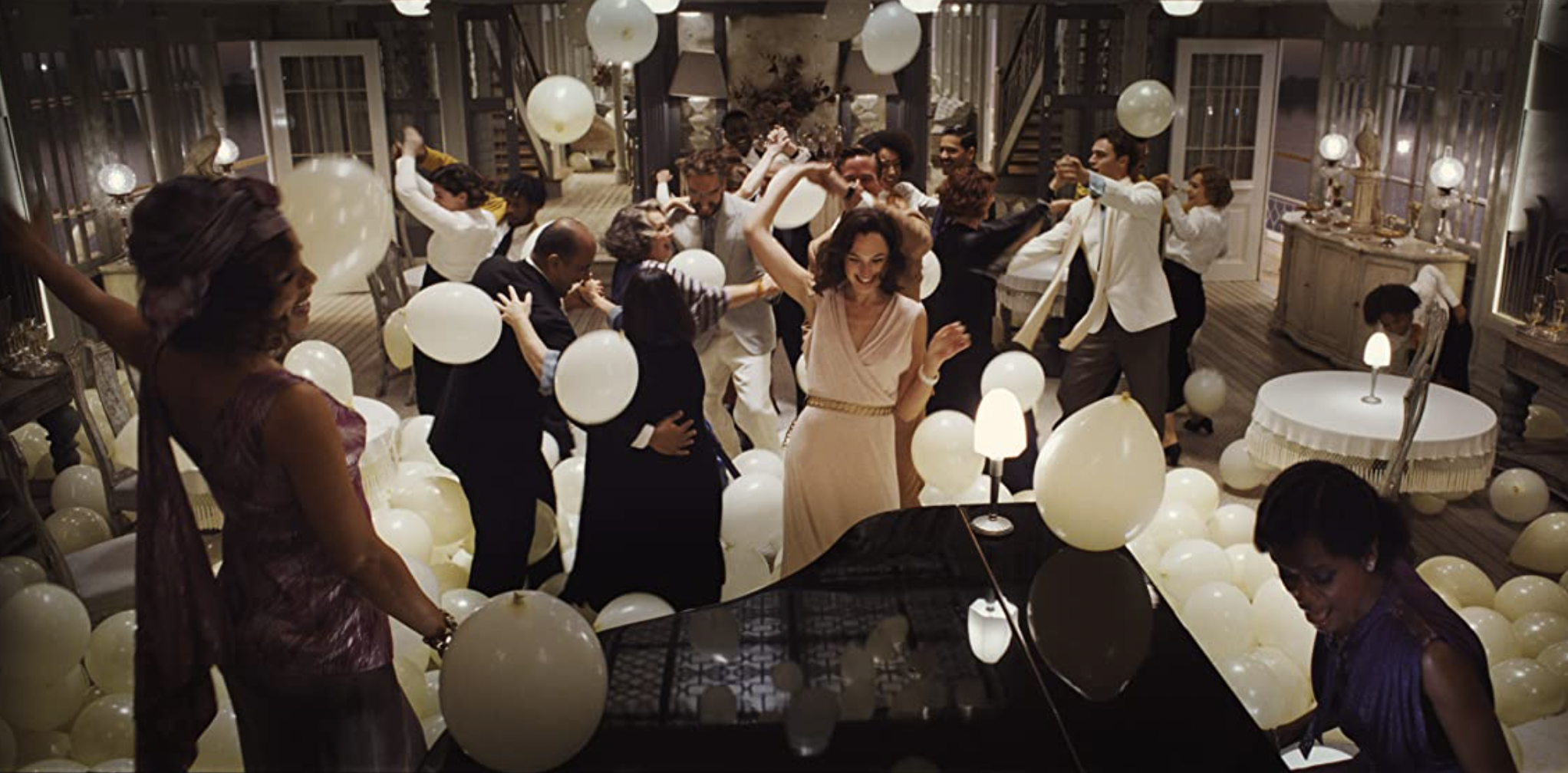
As with the Orient Express, this light-hearted joviality is maintained for the most-part of the film while also boasting a star-studded cast from the likes of Russell Brand, Letitia Wright and Rose Leslie in their ensemble roles. The film similarly captures the opulence of 1930s aristocracy without being too overstated in its depictions, though there are a number of clunky and isolated shots of local Egyptian people that seem to harken back to a time of colonial conquest. For the most part though, the film steers away from addressing these modern-day controversies, choosing rather to focus on the narrative at hand.
In contrast to its grandeur, the film can seem quite cheesy at times. Without too many giveaways, there are ample moments of CGI that would make James Cameron wince, a James Bond-style slow-mo entrance from Sex Education (2019-) star Maeve (Emma Mackey), one Gal Gadot serving pure camp dressed as a pyramid on her honeymoon, and a #LoveofHuns dream come true with the return of French and Saunders to our screens.
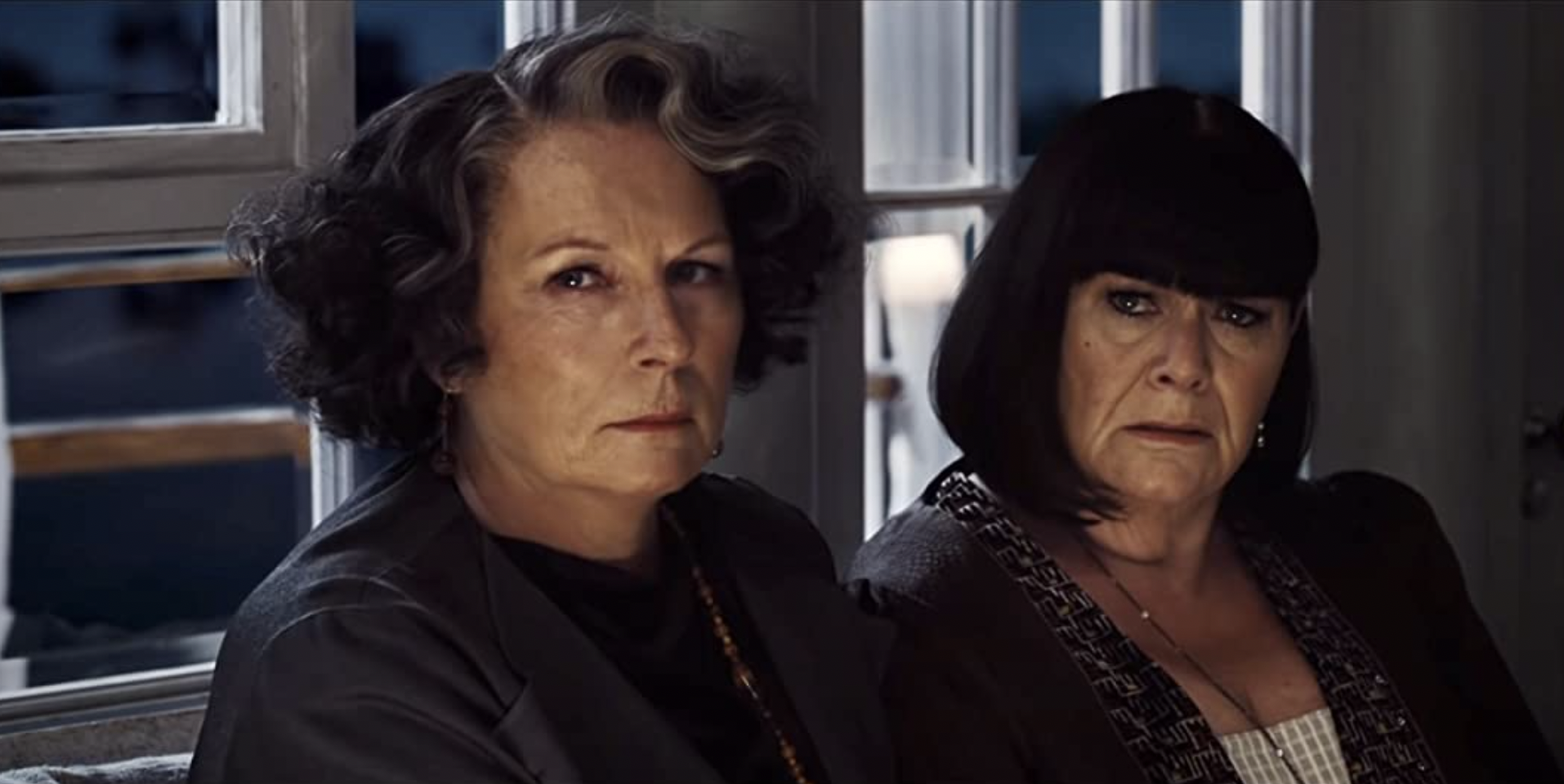
However, one can’t help but shirk at the sight of male love interest Armie Hammer where his appearance alone indicates just how long the movie’s release was delayed, scorned from Hollywood for the sexual abuse allegations against him and an alleged cannibal fetish.
Some critics have pointed to this as the cause of the film’s lacklustre performance at the box office pulling in only $12.7 million in its opening weekend relative to a budget of $90 million (for context, Orient Express opened to $28.6 million with a budget of $55 million). Still though, if we look past the unfortunate casting and irksome special effects, Branagh has yet again delivered a captivating adaptation of a murder mystery narrative that does everything it says on the tin.
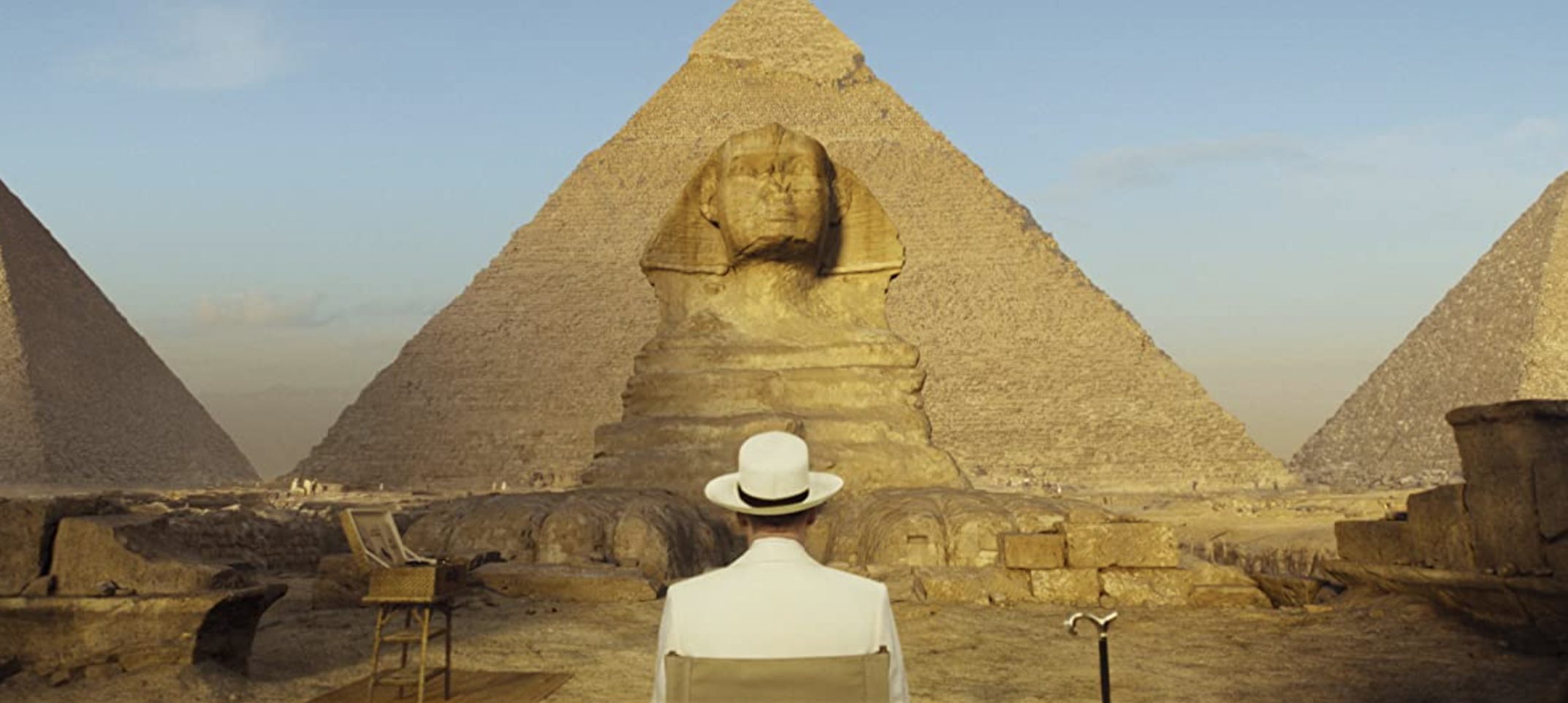
It will keep you guessing throughout, discerning every stolen glance as an admittance of guilt, and maybe even provoke a gasp or two if you’re anything like my flatmate. Either way, if you’re impartial to a good murder mystery like myself, the film does not disappoint.
Featured Image: IMDB
Will you be taking a cruise on the Nile any time soon?

